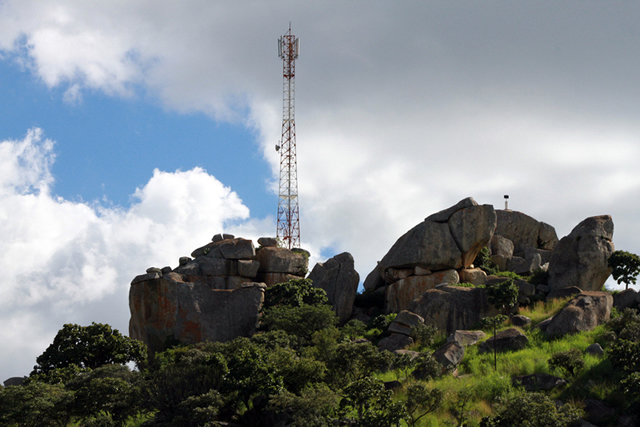Govt, Telecoms agree on infrastructure sharing deal

Tawanda Musarurwa : Business Reporter
ZIMBABWE’S telecommunications companies have agreed to Government’s infrastructure sharing policy, Information, Communication, Technology, Postal and Courier Services Minister Supa Mandiwanzira has said. Sharing mobile infrastructure is an alternative that lowers the cost of network deployment. In an interview, the ICT minister said telecoms operators had met an earlier 90-day ultimatum to sign an agreement on infrastructure sharing.He added that regulations that will govern the infrastructure sharing had already been drafted and set for promulgation.
“The 90-day ultimatum was met. We have a document that has been submitted by POTRAZ after consultation with all the players in the industry while draft regulation framework that needs to be gazetted is now there.
“We are now tabling them to the attorney-general’s office to ensure that those regulations are in line with the Act and that there are in within the confines of our constitution.
“Once that process is done, we will gazette them and they will become law,” said Minister Mandiwanzira.
Infrastructure sharing can take several forms depending on existing licences and the regulatory framework in place.
Broadly, infrastructure sharing can be based on the passive elements of a telecommunications network, which is often referred to as ‘passive infrastructure sharing’ or can be based on the active elements.
Minister Mandiwanzira said the successful implementation of infrastructure sharing will preclude the need to regulate the pricing of data.
Many telecoms services customers have complained that local data charges are too high, compared to the region, for instance.
“I don’t think we need a policy that regulates the pricing of data. What we need is to encourage things that we are already working on like infrastructure sharing.
“When we have infrastructure sharing we won’t have the costs that networks are incurring by each building its own infrastructure. For instance if you look between Harare and Bulawayo we have three fibre cables when one only one will be able to serve everyone.
“Now that means that the investment which has gone into the two additional fibre cables is being paid for by the consumer and when you go to these operators and say you can’t charge this much they say we need to cover our costs of infrastructure,” he said.









Comments